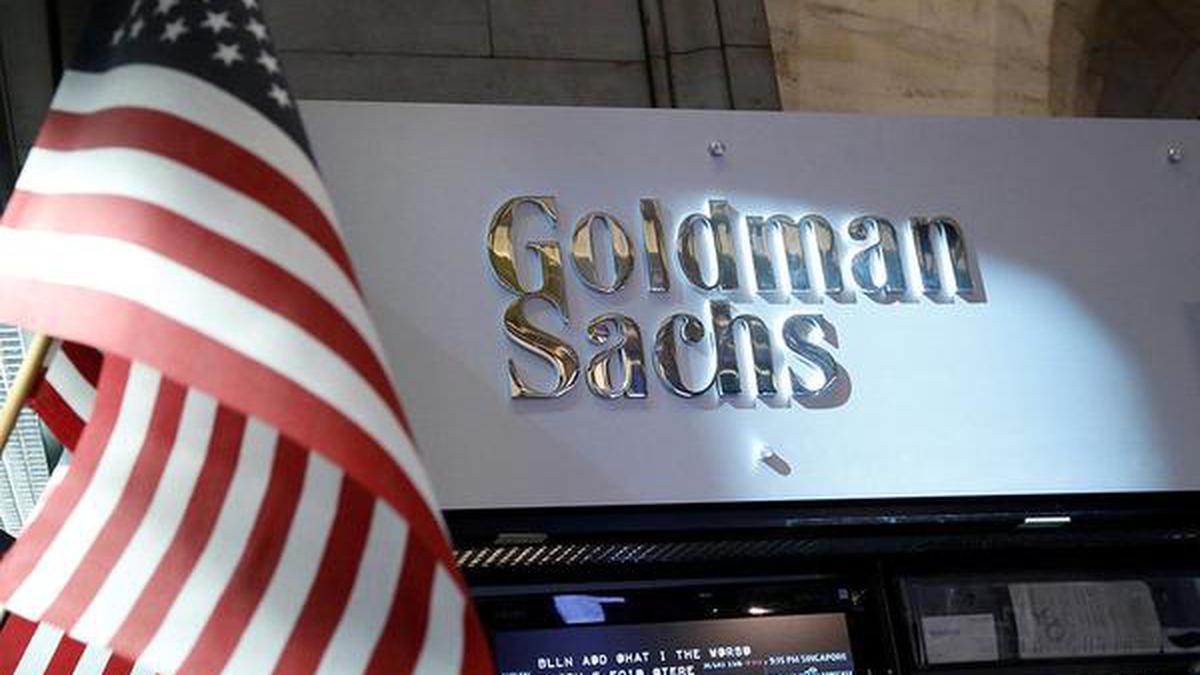
The Union Budget of 2023-24, India’s remaining full-year Budget earlier than the Lok Sabha polls in 2024, is unlikely to see any main reforms and will see allocation hikes for welfare spending measures in addition to capex together with cuts in defence expenditure, as witnessed in current pre-election Budgets, Goldman Sachs stated in a report on January 10, 2023.
“Given the general elections scheduled to take place in 2024, we expect the government to increase rural and welfare spending as seen in pre-election Budgets… Rural employment and housing are likely to be in focus,” Goldman Sachs reckoned.
Based on an evaluation of pre-poll Budgets over the past 15 years, Goldman Sachs famous that sometimes, there is a rise in capex allocation in direction of infrastructure, primarily roads and railways, and a lower in defence spending. “In the case of current expenditures, we have typically seen an increased allocation towards rural spending or welfare schemes (mainly in education and healthcare),” it stated in a report on India’s fiscal outlook for 2023-24.
In the 2018-19 Budget as an example, defence capital expenditure had been slashed from 36% of complete capex averaged within the earlier 4 years to 32% of complete capex, whereas infrastructure’s capex share rose from 29% averaged within the earlier 4 years to 40%, it identified. Welfare spending elevated from 8% of present expenditure averaged between 2014-15 and 2017-18, to 19% of complete present expenditure in 2018-19.
“This would be the final full-year budget under the current administration before the national elections in mid-2024, and comes at a time when the government is trying to weigh spending priorities, without compromising on fiscal prudence and the inflation target. We do not expect any significant reforms to be announced in this budget, but some measures to watch out for include: a) any details on incentives for ‘Make in India’, b) a roadmap on direct tax code implementation, and c) rationalization of subsidies, particularly fertilizers,” the report concluded.
While authorities borrowings are prone to stay elevated in 2023-24 as properly, the agency expects the central authorities to consolidate its fiscal deficit to five.9% of GDP in subsequent 12 months from 6.4% this 12 months, because of a discount in meals and fertilizer subsidies together with buoyant tax revenues. Spending on subsidies as a share of GDP is predicted to drop to 1.5% in 2023-24 from 2.1% estimated for this 12 months.



